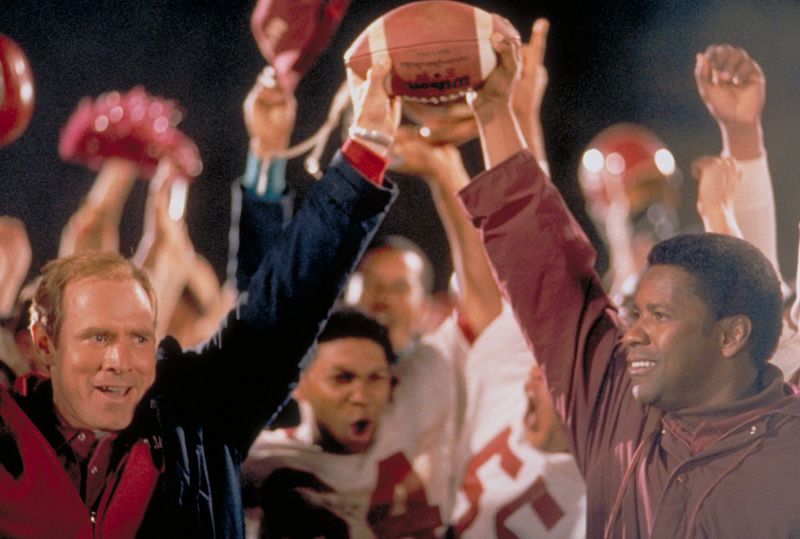Vertical development is an approach to developing a person that focuses on helping them see and make meaning of their world in more cognitively and emotionally sophisticated ways.
Implicit in this approach is the fact that there are less and more sophisticated ways of seeing the world. I have categorized different levels of cognitive and emotional sophistication as Mind 1.0, Mind 2.0, and Mind 3.0.
My goal for this article is to show the differences between the three mind levels as opposed to discuss the differences between them. If you want the full discussion of them, you can click on the hyperlinks above.
Mind 1.0
When someone is in Mind 1.0, they have an internal operating system focused on helping them feel safe, comfortable, and like they belong.
Here are three video clips that show Mind 1.0 in action:
- From Moneyball – The head scout discounts a new way of thinking in an effort to protect his job and the jobs of his peers
- From Hidden Figures – Paul is serving as a protector of “rules,” because to him, rules help ensure safety and stability.
Both of these clips show two people closed to the very ideas that will help their groups succeed. While their efforts are well-intended, at the end of the day, they are about ensuring their own personal safety, comfort, and belongingness.
Mind 2.0
When someone is in Mind 2.0, they have an internal operating system focused on being seen by standing out. They want to get ahead and win.
- From Pitch Perfect – The leader closes herself to a new idea because it threatens her (1) plan to “win” and (2) position as the leader. She likely feels that if she runs with the new idea that she will be “giving in,” “losing ground,” and less likely to win. This is justifiable but limiting.
- From The Big Short – The two mortgage officers are willing to put other people at financial risk in order for them to get ahead.
Mind 3.0
When someone is in Mind 3.0, they have an internal operating system that is focused on contributing, adding value, and lifting others. They are not holding onto the lower-order Mind 1.0 needs of feeling safe, comfortable, and belonging, or the lower-order Mind 2.0 needs of standing out, winning, and getting ahead. By not having a strong grip on these things, they are able to focus on the value that they are bringing to others.
- From Remember the Titans – Julius sets an example upfront by being vulnerable and admitting his shortcomings. In turn, Coach Yoast also becomes willing to be vulnerable and ask for help. Finally, Alan also puts his ego to the side and suggests that someone more capable than him should step up. In each instance, these people are willing to put themselves on the back burner for the greater good of the team.
- From The Blind Side – Continuing the football theme, in this clip Leigh Anne puts her fears and comforts behind her in order to take in and add comfort to Michael.
What movie clips of each of these different levels of cognitive and emotional sophistication (mind levels) come to mind for you?
If you want to learn more about vertical development, please download my vertical development white paper.











2 Responses
I hardly ever watch “The Office” because Michael is too much. This comedy has quite a few 1s and 2s and just a couple of 3s.
I agree! I thought about including clips from the show, but it doesn’t feel “real enough” to me. Thank you!